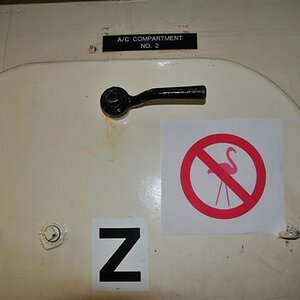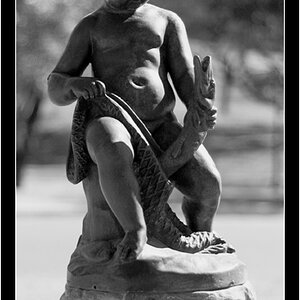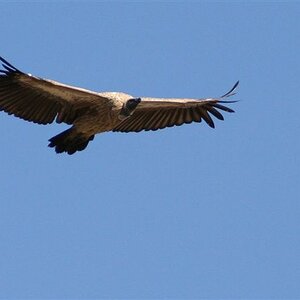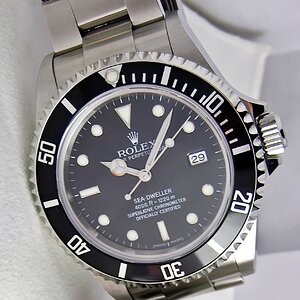jvgig
TPF Noob!
- Joined
- Sep 26, 2007
- Messages
- 326
- Reaction score
- 0
- Can others edit my Photos
- Photos OK to edit
When will full frame sensors be in cameras at the $1500 price point? A year? two? Just wanting to know if it is worthwhile to pay for EF lenses so I don't have to replace every lens for my next upgrade (not in the near future, but not 5 years either).
Thanks
Thanks













